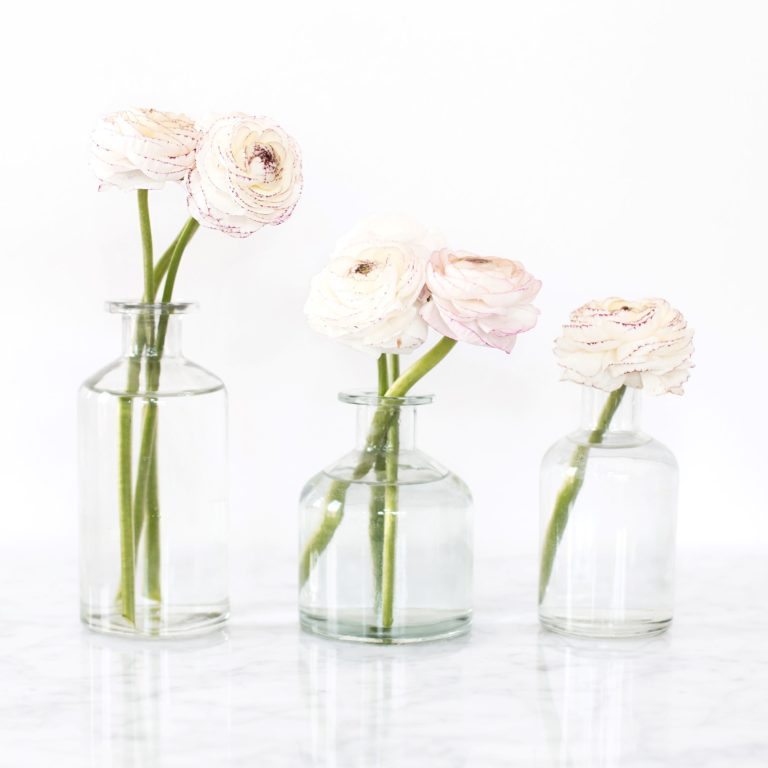6 Types of Self-Care
Types of Self-Care

While it may seem on the surface that you don’t have time or money to prioritize your personal well-being, that couldn’t be farther from the truth. Self-care doesn’t have to be expensive or time-consuming. In fact, you can find subtle ways to integrate it into your daily life so that you can experience all the peace, positivity and progress you deserve. Let’s dig a little deeper into the 6 types of self-care.
If you were to go up to a random woman over the age of fifty on the street and ask, “what do you think about when you think of self-care?” chances are you’ll get one of a few more common responses. One woman might say eating clean and working out. Another woman might suggest that it’s all about meditation and journaling. And you might think to yourself, those don’t always apply to me. The truth, however, is that there’s so much more to self-care than what lies on the surface.

Woman are complex, with multiple needs at different times. You might have a stressful, full-time career and your friend might be caring for her parents full-time. Another friend might be facing health challenges while another is contemplating dating. Therefore, I like to break self-care up into separate categories so you can decide what areas need more attention at any given time. You can then create more thoughtful, intentional self-care plan that fits you in the moment.
Below are the 6 types of self-care that you need to consider as you create your self-care plan. While it’s important in all of these areas, if you are brand new to self-care you’ll want to start with the area in which you feel most challenged right now. Spend some time and attention in that area and then move on to the next. Otherwise, ideally, you’ll be hitting at least something in each category on a regular basis. Crafting your self-care plan with these six categories in mind can make a huge difference in your health care results.

Types of Self-Care: Physical Self-Care
• The most obvious ways we care for our physical bodies are getting enough water, sleeping well, eating the right foods, and getting regular exercise. But there is more to it than just these basic needs.
• Going a little deeper, physical self-care also incorporates making sure you go to the doctor for regular check-ups. Go get your teeth evaluated and cleaned. Get your eyes checked and get glasses or contacts if you need them. Take the time to make sure your body is in good working order – it’s the only one you’ll have for the rest of your life. So, treat it well!
Mental Health Self-Care
• Mental health self-care is a large umbrella but it includes healing past trauma, controlling your emotions and moods and improving your self-esteem.
• Many woman of our age haven’t been supported or allowed the time or resources to delve into mental health self-care. Now is the time to really think about your life from the early days and where you are today. Determine if there are areas in your past, with your emotions, with your self-esteem that could use some attention. Now is the time in our lives to acknowledge and work through these potential issues

Spiritual Self-Care
•It’s often easy to confuse spirituality with religion, but whether you’re religious or not, spiritual self-care can help you improve your life in countless ways.
•The best way to care for your spirit is to engage in activities that uplift your spirit while avoiding things that bring you down.
•For some, religious practices will play a huge role here. For others, not so much.

Financial Self-Care
•This often overlooked, but it is just as important as the others, if not more so. Financial success includes creating a budget, paying your bills on time, avoiding living above your means, committing to finding ways to earn or save more money, and working on improving your valuable skills.
Intellectual Self-Care
•Intellectual self-care is also essential because a lack of mental stimulation leads to boredom, a lack of inspiration, and potentially falling down the hole of engaging in bad habits to fill the void.
•Intellectual self-care includes learning new and exciting things, expressing your thoughts and ideas in creative ways, challenging yourself, and switching up your basic routines to keep things fresh.

Social Self-Care
•Social self-care is so important because our friendships and relationships have the potential to lift us as well as tear us down.
•Know what makes you feel socially fulfilled, but don’t compare your needs to what you think you should want. If you’re an introvert and prefer lots of alone time – take note of that and do what’s right for you. If you’re more extroverted and needs lots of social interaction, find ways to make sure you’re getting the right level.
I would love to hear what type of self-care you practice regularly and what type you need to do more of – comment below and let me know. Don’t forget to check out the The Best Self-Care Products for Under $20!






